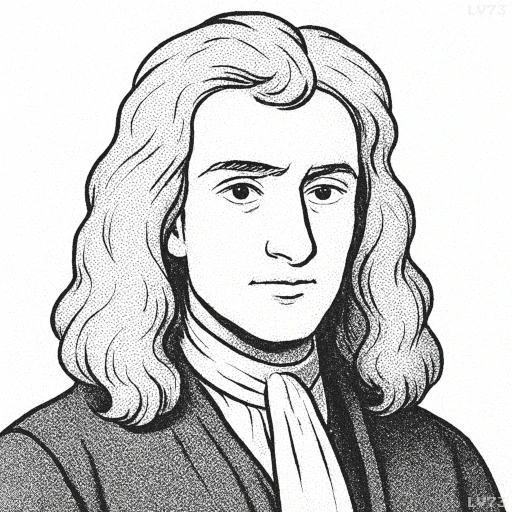“Christ comes as a thief in the night, & it is not for us to know the times & seasons which God hath put into his own breast.”

- January 4, 1643 – March 31, 1727
- Born in England (UK)
- Natural philosopher, mathematician, physicist, astronomer, theologian
table of contents
Quote
“Christ comes as a thief in the night, & it is not for us to know the times & seasons which God hath put into his own breast.”
Explanation
In this quote, Isaac Newton is referencing a passage from the Bible (specifically, 1 Thessalonians 5:2), which speaks of the second coming of Christ as something that will occur unexpectedly, like a thief in the night. Newton uses this metaphor to reflect on the uncertainty of divine timing. He suggests that human beings are not meant to know or predict the precise time or season when God will act, particularly in regard to the end of the world or the return of Christ. Newton’s statement underscores his belief in the mystery of divine will and the limitations of human understanding when it comes to the grand plan of the universe, which is under the control of God alone.
Newton’s religious views, while often overshadowed by his scientific contributions, were deeply influential in shaping his understanding of the world. Like many of his contemporaries in the 17th century, Newton saw the study of nature and the laws of the universe as a way to better understand God’s creation. His approach to science was intertwined with his Christian faith, and he believed that certain divine mysteries, like the ultimate purpose of the universe and the timing of divine events, were beyond human comprehension. This belief in the unknown and unknowable aspects of God’s will also influenced Newton’s view of the future, particularly when it came to interpreting prophetic scriptures like the Book of Revelation.
In modern times, Newton’s view on divine timing serves as a reminder of the humility required in the face of the unknown. While science allows us to understand the natural laws that govern the universe, certain metaphysical questions, such as the ultimate purpose of life or the timing of divine events, remain beyond our reach. This perspective is reflected in many philosophical and theological discussions today, where faith and science are often seen as addressing different realms of human experience: science explains the how of the universe, while faith addresses the why and the ultimate mysteries. Newton’s view encourages acceptance of the limits of human knowledge and trust in the larger plan that may be beyond our understanding.
Would you like to share your impressions or related stories about this quote in the comments section?

